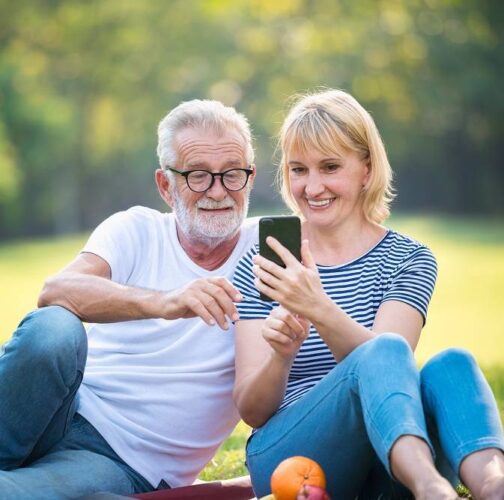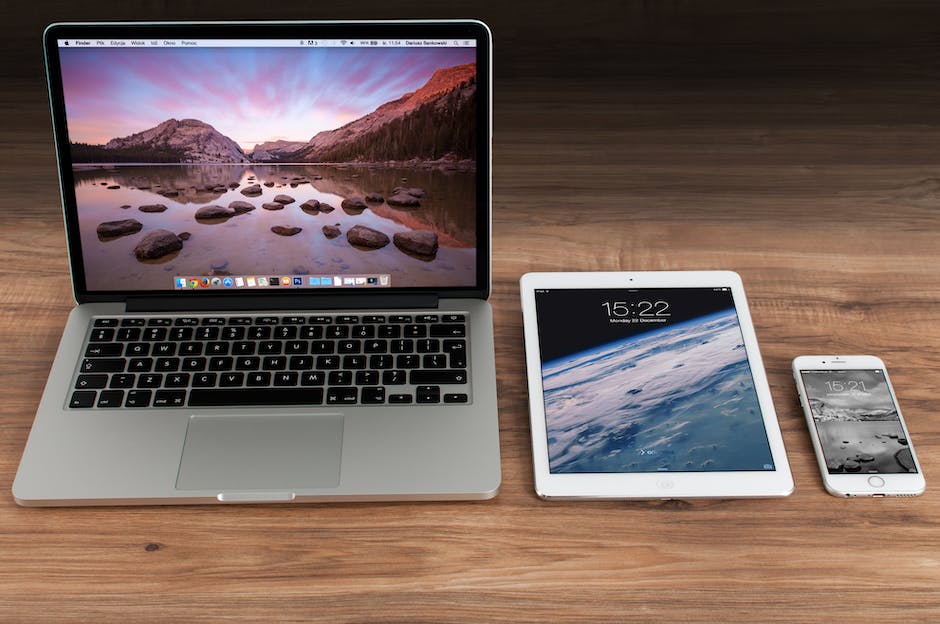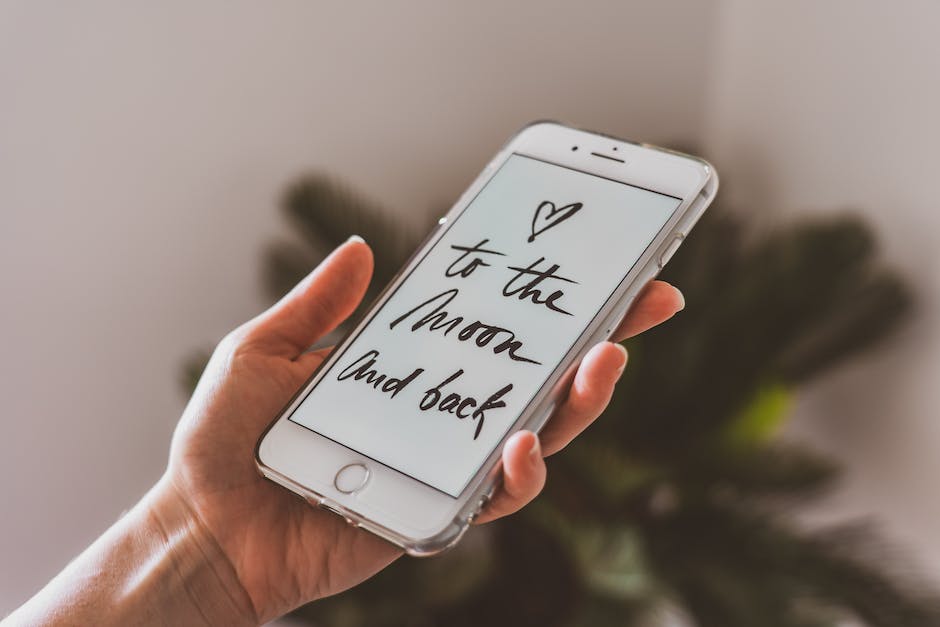How seniors utilize phone plans depends significantly on their interests, needs, and distance from family. The need for data for senior citizens is common, especially for those who use their favorite apps. Others eagerly await the calls, texts, and photos from their far-away grandchildren.
A talking plan with unlimited minutes is necessary for seniors who only use their phones to stay in touch with their loved ones.
A reliable communication method is essential for seniors who live independently, especially during an emergency. Seniors are often unable to afford many of the cell phone plans available. Social Security benefits aren't enough to cover a cell phone bill for many seniors who live solely on their benefits.

Smartphones are the most popular among the younger age groups in the United States. In fact, 95% of adults between the ages of 18 and 49 own a smartphone, while only 61% of adults over the age of 65 own a smartphone. Most of these people own smartphones; however, monthly service fees for these devices can exceed $70.
The ability to stream video, use a mobile hotspot, and retain high-speed data are all popular features in modern cell phone plans, but these aren't always the features that seniors require. Oftentimes, older people simply want to be in touch with their families and get emergency assistance.
The following passages answer the question that is on the mind of all low-income seniors: can seniors get free cell phones? You may also want to look at the various ways of getting free money through government hardship grants.
How Can One Qualify For Free Phones For Seniors?
There are slight differences among states when it comes to eligibility requirements. Each state administers free cell phone programs, so there is a variance due to this. State eligibility requirements can therefore be set individually by each state.
All states have one eligibility requirement since the program is aimed at providing a phone for low-income senior citizens. Free cell service for seniors may be available if your income does not exceed 135% of the federal poverty guidelines.
The above income guidelines may not be enough to qualify you for a several financial assistance programs. Those who receive benefits from the benefit programs listed below are likely to qualify for a free phone.
- SNAP
- SSI
- Medicaid
- Federal Public Housing Assistance (Section 8)
- LIHEAP
- Veterans/Survivors Pension
- TANF
Additionally, you may be able to qualify for free monthly service in addition to a free smartphone. To maintain your free cell phone service, you must meet some rules after you receive your free phone. It is possible for a household only to receive one free phone.
Free cell phone or free home phone eligibility is the same as free cell phone eligibility. There are a variety of monthly cell phone plans available.
1. Lifeline Program
Founded in the 1980s, Lifeline aims to improve the access of all Americans to education, employment, and other opportunities through telecommunications services.
Under the Lifeline program, the Federal Communications Commission provides low-income consumers with a discount on phone service to ensure that all Americans have access to job opportunities, family services, and emergency services, as well as the opportunities and security that phone service offers brings.
Prepaid wireless service plans and traditional landline services were included in the Lifeline discount program for low-income consumers in 2005. Universal Service Fund is responsible for Lifeline. You can get a free cell phone and free mobile service with the Lifeline Program if you are an eligible senior.
Free smartphones with Lifeline service are provided to program participants, along with 350 free minutes, unlimited texting, and 1GB of data for browsing, emailing, and social networking. Lifeline is known to many people as the program that provides government phones free of charge.
Despite the Lifeline program not being intended to help seniors, many seniors may qualify, especially those with fixed incomes or on government assistance. Seniors must have an income below 135 percent or 150 percent of the federal poverty guidelines to qualify for a free cell phone.
Each household is allowed one free cell phone from Assurance Wireless. Those aged 65 and older can top up and add minutes to plans for $5, $20, and $30 if they desire. Individuals who participate in a tribal assistance program or who live on federally recognized tribal lands are also eligible for the Lifeline program.
Mobile Virtual Network Operators (MVNOs)
Mobile virtual network operators (MVNOs) provide mobile phone services through major carriers' networks (Sprint, AT&T, T-Mobile, and Verizon) at significantly lower costs than the major carriers. A mobile virtual network operator (MVNO) resells mobile services.
MVNOs are good choices for those without smartphones or plans that include a lot of data, texting, and talking. The example of an elderly person who uses their phone primarily for emergencies and occasionally for family and friends is a great one to highlight.
FreedomPop
The FreedomPop plan works by giving you a free cell phone without a contract after you purchase a discounted smartphone from FreedomPop or if you have an existing phone that qualifies. There are the following features included in the free basic monthly plan:
- Two hundred minutes of talk time
- A maximum of 500 text messages
- Using FreedomPop's nationwide 4G LTE network, you'll receive 500MB of data per month.
Other low-cost options are also available, including chances to earn free data through referrals and more time and data. FreedomPop is currently offering a special offer for seniors (customers ages 55 and up). In addition to 2GB of data and unlimited talk and text, the company gives a free month of its premium plan with every purchase of one of their smartphones. Moreover, seniors can purchase the Alcatel Conquest LTE for only $29.99, a $199.99 value.
Technology news website TechCrunch reports that 90% of mobile data usage occurs over Wi-Fi, so a limited plan can help bridge the gap between being connected and not connected. On its website, the provider claims that people can save £1,400 a year when they drop their services with "expensive smartphone giants."
Apple, Samsung, Nexus, and Motorola are among the mobile phone and tablet brands FreedomPop sells. With so many used and refurbished devices, you can save up to 50%, which adds even more to your savings. To see if your device is compatible with your plan, contact the provider if you already own one.
Other MVNOs
There are other MVNOs besides FreedomPop. Consumers may also choose from the following carriers for lower-cost, no-contract plans:
MVNOs offer many benefits, including no contracts and considerable savings on mobile services from reputable networks. However, unless you decide to opt for an unlimited plan, you'll have to monitor your talk, text, and data usage very closely. You also won't be able to walk into a retail store for assistance since you're working with a virtual provider.
The Bottom Line
Certain eligibility requirements must be met by seniors to qualify for a free cell phone. Usually, this involves living in poverty or receiving government assistance if your income is less than 135% of the Federal poverty guidelines. Most major carriers offer discounted service instead of free service through their Lifeline program, but you will have to choose a provider participating in the Lifeline program to qualify.
Prepaid plans can help people who cannot qualify keep their costs low if they cannot qualify. The Lifeline program also provides free cell phones to low-income seniors, disabled people, and other families. Get in touch with your local Lifeline provider today to learn if you qualify!
Can't afford air conditioning? Take a look at our article regarding complimentary air conditioning units for senior citizens.
If you are interested in learning more about different grants and programs that can help you with your living situation, read our article about churches that help with financial assistance. Check out the rest of Gov Relations' blog section today!






